What Are the Psalms?
The word Psalm means “sacred songs.” The Psalms are a hymnal in the middle of our Bibles.
It was the hymnal of the Jewish people. It was the hymnal Jesus and the writers of the New Testament would have grown up with, which is partly why the New Testament quotes from the book of Psalms quite often.
In the early church, and throughout church history, the church would sing or chant the Psalms during their worship services.
The music they used has not been preserved, so we’re just left with the lyrics which were prayers written in poetry.
This tells us something about God: That he uses beauty to communicate.
It’s interesting to think that the Holy Spirit could have inspired the Bible to read like anything. The Spirit could have inspired the scriptures to read like the manual for your car. And it would have been dry and boring and only searched when your dad couldn’t fix something on the first try.
Instead, the Spirit inspired poetry. Why?
Because he loves us & wants to prove that he knows us.
The creator wants to speak to us and talk to us about the human experiences we have that we cannot explain.
After all, that’s what Poetry is. Poetry is an art that expresses concepts and experiences we have no ordinary words for.
Poetry takes the words we DO have and structures them in such a way as to lift the veil on the unexplainable. And there are a lot of unexplainable things about God.
Just try to answer this question, “How good is God?” Or this one, “How long does God’s love last?”
Can you put the greatness of God’s grace into an ordinary word?
No.
You need a poem for that. Like this one:
Psalm 136:1 Oh, give thanks to the Lord, for He is good! For His mercy endures forever.
2 Oh, give thanks to the God of gods! For His mercy endures forever.
3 Oh, give thanks to the Lord of lords! For His mercy endures forever:
Notice the repetition? Yeah, It goes on to say “His mercy endures forever” 23 more times in this one Psalm.
It’s like God is so good, so mighty, so merciful, so gracious, and so slow to anger you could never just describe it with a basic sentence. Poetry uses things like repetition to paint a picture that ordinary words can’t even sketch out.
What else is unexplainable? The human experience. Take for example despair.
Can ordinary words express how it feels to destroy your life with sin? Can you express, with ordinary words, the fear you feel when you’re facing a huge threat & do not sense the presence of God? Can ordinary words portray how you feel when your child is terminally ill?
No.
So the spirit has inspired poetry. Check out this verse:
Psalms 6:6 I am weary with my groaning; All night I make my bed swim; I drench my couch with my tears.
Medically speaking, there is not enough water in your tear ducts to fill up a room and submerge your bed. But have you ever felt so much despair, agony, depression, or fear that it was like you were drowning? Most of us have.
Now, how do we know we have felt that way if we don’t have ordinary words for it? How do we know we’ve shared this experience if it’s unexplainable?
Through sharing poetry.
And here’s the astounding thought we’re unearthing by recognizing that the Psalms are poems: How does God let us know that he knows that we feel this way?
By inspiring poetry!
Poetry that can be read, prayed, set to music, and sung.
It all boils down to this astonishing, beautiful truth: The Psalms are a way in which we can walk with an unexplainable God during unexplainable circumstances.
God loves us so much. He wants us to know that unexplainable experiences do not separate us from him.
We may be bewildered, but he is not.
We may be at a loss for words, but he is not.
We may fall silent, but he can speak.
We may not sense his involvement, but the Psalms beautifully reveal that he is very near to the brokenhearted.
What are the Psalms? The Psalms are God-inspired poems that show how God relates to us in our human experience and show humans how to relate back to God.
Even when everything is unexplainable.
